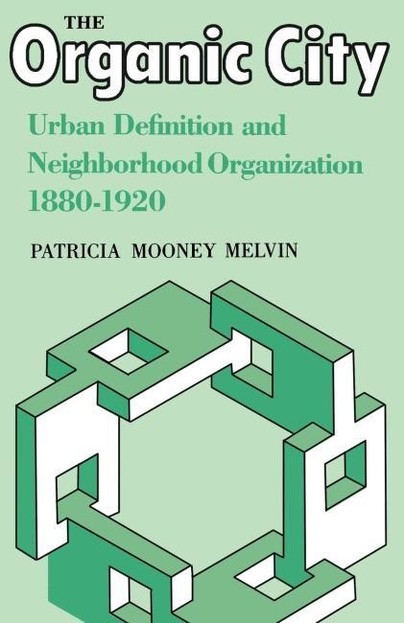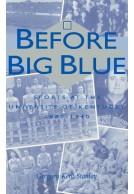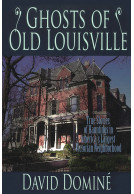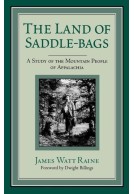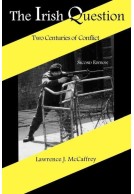The Organic City (Paperback)
Urban Definition and Neighborhood Organization 1880-1920
Imprint: University Press of Kentucky
Pages: 240
Illustrations: Illus
ISBN: 9780813153773
Published: 15th July 2014
Script Academic & Professional
Pages: 240
Illustrations: Illus
ISBN: 9780813153773
Published: 15th July 2014
Script Academic & Professional
This book will be reprinted and your order will be released in due course.
You'll be £23.00 closer to your next £10.00 credit when you purchase The Organic City. What's this?
+£4.99 UK Delivery or free UK delivery if order is over £40
(click here for international delivery rates)
Order within the next 2 hours, 52 minutes to get your order processed the next working day!
Need a currency converter? Check XE.com for live rates
(click here for international delivery rates)
Order within the next 2 hours, 52 minutes to get your order processed the next working day!
Need a currency converter? Check XE.com for live rates
During the late nineteenth century rapid social and economic changes negated the prevailing conception of the city as a uniform whole. Confronted with this disparity between the old urban definition and the new city of the late nineteenth century, social thinkers searched for a new concept that would correspond more closely to the divided urban community around them. Borrowing an analogy from natural history, these thinkers conceived of the city as an organism composed of interdependent neighborhoods and sought to translate this concept into ways of dealing with the dislocations and problems in urban life.
In this new study of American urban history Patricia Melvin traces the growth of the idea of the organic city and the developing emphasis on the neighborhood as the basic urban unit. An early expression of the idea was the settlement house movement, but the most effective application of the idea, Melvin shows, was the social unit organization scheme worked out by Wilbur C. Phillips. As a social planner and organizer, Phillips first tried his approach in New York, then in Milwaukee, and finally in Cincinnati. Although initially successful in dealing with specific issues, Phillips's efforts eventually foundered on friction among ethnic groups and on the opposition of city politicians. Finally, in the 1920s the whole concept of the organic city was supplanted by a new view of the city based not upon a cooperative but upon a competitive model.
The Organic City contributes new understanding to an important period of American urban history. Moreover, it shows clearly how important is the role of concepts in shaping the perception of social realities and the attempts to deal with them.
Other titles in University Press of Kentucky...







